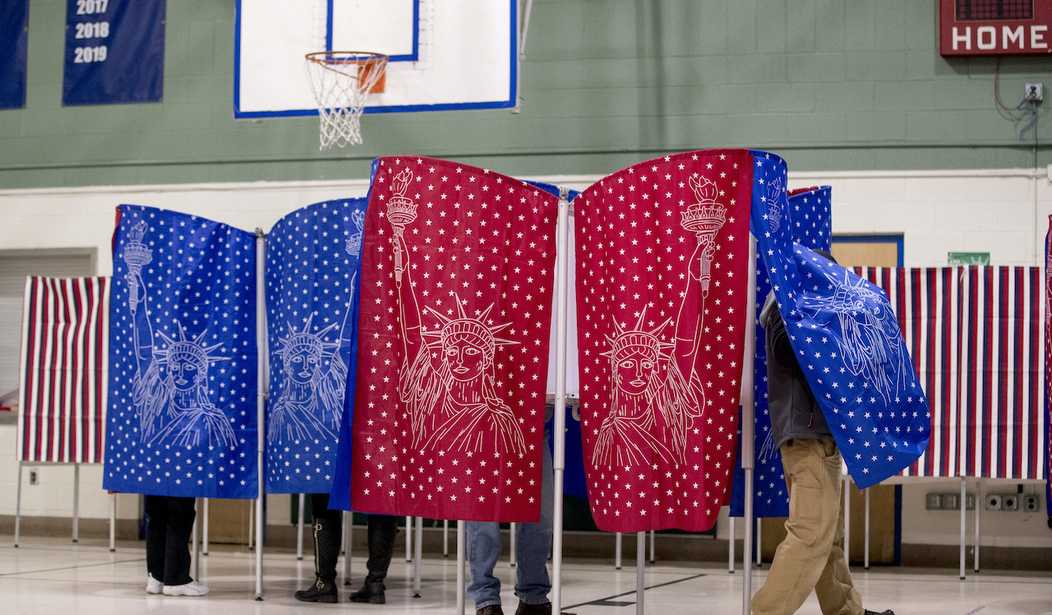Recent elections have seen a dramatic swing by Asian Americans to the Republican Party. Much like Hispanic voters switching to the GOP, the reasons why are due to a variety of factors, not the least of which has been the radicalization of the Democratic Party.
But Asians have been driven right by the cultural stupidities of Democrats who insist on eliminating merit as a factor in admitting high-achieving students to advanced study courses in high school and highly-ranked colleges and universities.
There is also the issue of class driving Asians toward the Republican Party. David Leonhardt of the New York Times points out that Asian Americans have nearly doubled their GOP vote in the last two elections. Just 18% of Asians voted Republican in 2016. But that number skyrocketed to 30% in 2020 and 32% in 2022.
In Texas, Gov. Greg Abbott, the Republican incumbent, beat Beto O’Rourke among Asian voters, 52 percent to 46 percent, and Texas House Republicans also did well, according to polls by the Asian American Legal Defense and Education Fund. In statewide races in Florida and Georgia, the Republican candidates received at least one-third of the vote, substantially more than in previous elections.
The Times has just published a series of maps and charts focusing on New York City neighborhoods where most eligible voters are of Asian descent, including Sunset Park, Flushing and Manhattan’s Chinatown. Jason told me that he had started thinking about this subject after his father, who rarely talks about politics, said that he had voted for Zeldin. Later, Jason saw a post-election map of New York and was shocked to see that some of the Chinatown neighborhoods where he grew up were colored red.
In addition to increasing outreach to Asian Americans, Republicans have hammered Democrats on the two issues that will probably decide the 2024 election: crime and “woke” education.
Education issues hurt Democrats. Asian voters have been unhappy with proposals to change the rules for magnet high schools like Stuyvesant that admit children based on test scores. Many students at those schools come from lower-income Asian families.
Perhaps most important, the Republicans’ anti-crime message resonated, following increases in both citywide crime and anti-Asian violence. Lester Chang, a military veteran and a new Republican member of the New York State Assembly, said that the overwhelming reason he won a Brooklyn district — beating a Democratic incumbent who had held the seat for 36 years — was crime.
Equality of opportunity vs. equality of outcome, or “equity,” is the wedge that’s driving Asian voters to the GOP. But Asians are also less enamored of radical left policies regarding criminal justice reform — no bail for even serious offenses and lighter sentences that allow violent criminals to walk the streets and prey on people of all colors.
Then there are the debates over language. In the name of inclusion and respect, some progressives have argued that common terms such as “pregnant women,” “the poor” and “Latinos” are offensive. Many voters find these arguments befuddling and irrelevant to their everyday concerns.
Asian Americans also come from cultures that feature tightly-knit extended families. Working-class Asians who fear quotas and “equity” placement for their children are generally more religious and more patriotic than the average Democrat. These factors make the Republican Party an attractive alternative.
Republicans are hardly perfect, but as Leonhardt points out, “To a growing number of working-class voters, the Democratic Party looks even more flawed than the alternative.”










Join the conversation as a VIP Member